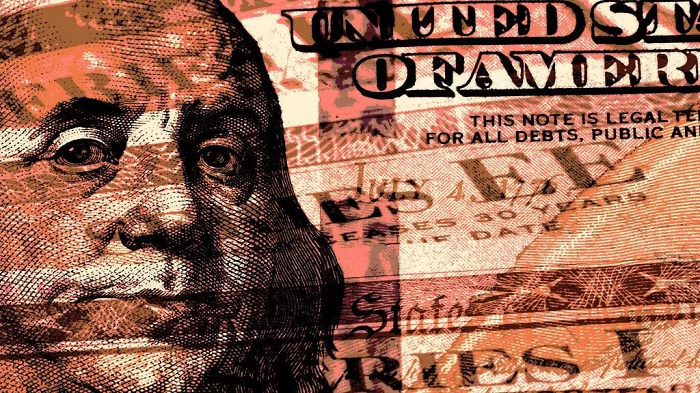This article comes fromdecrypt, original author: André Beganski
Odaily Translator |

This article comes from
, original author: André Beganski
June 1st, a date that could have a historic impact on global markets, the U.S. is at risk of defaulting on its debt for the first time ever, a potential black swan event that could have implications for Bitcoin, Ethereum , and even the entire cryptocurrency market.
U.S. Treasury Secretary Janet Yellen warned a few weeks ago that the U.S. government would quickly run out of money if it didn't suspend or raise the debt ceiling, and that could happen as early as the aforementioned June 1st. The U.S. has never defaulted on a contract before. But what’s interesting is that this time Janet Yellen said something like this—“Washington can’t pay the bills.” After the warning was issued, the prices of Bitcoin and Ethereum both fell, and the losses even exceeded the decline in stocks.
The data shows that since May 1, the S&P 500 has fallen by less than 1%, while according to CoinGecko, Bitcoin has fallen by more than 7% over the same period, and Ethereum has fallen by nearly 3% — you know, something like The standoff over the U.S. government's debt ceiling has rattled traditional financial markets in the past, such as the 2011 split that caused the S&P 500 to plunge 16%.
secondary title
"X-date" in the United States
Greg Magadini, Director of Derivatives at Amberdata, believes that the U.S. government’s debt ceiling issue would normally create more noise in the market – but he concedes that a U.S. debt default is not out of the question:
"It feels like a really intense game of cockfighting right now, and I think anything is possible given how crazy things have become over the last few years."
Risky assets such as stocks and cryptocurrencies will face short-term pain if the U.S. government defaults on its debt, as the declining quality of government-backed debt could raise borrowing costs, counterintuitively raising loan yields would weaken the dollar relative to stronger than other assets.
James Butterfill, director of research at CoinShares, also believes that a period of U.S. government debt default may drive a stronger dollar because U.S. traders tend to move dollars onshore during risk-off events, that is, exchanging foreign currencies and assets for U.S. dollars.
"Technically, the dollar should be sold off in the event of a U.S. government default, but that's not the case because people tend to keep dollars onshore in times of market stress, and the dollar could actually strengthen because of growing concerns about , and the situation is actually not that great for Bitcoin.”
James Butterfill predicts that the U.S. dollar will strengthen and bitcoin will slip as the U.S. moves closer to what the White House calls the “X Date” — the official date when the government can no longer pay its bills.
secondary title
Is there a chance that Bitcoin will bounce back?
If the U.S. government does end up defaulting on its debt, Bitcoin and Ethereum may react differently.
Greg Magadini, director of derivatives at Amberdata, and Gordon Grant, co-head of trading at Genesis, analyzed that if the U.S. government fails to meet its debt obligations, Bitcoin will be under pressure in the initial stage compared to Ethereum, but Bitcoin may fall with gold after a short-term decline. While ethereum, the second-largest cryptocurrency by market capitalization is often tied to an index tracking tech stocks such as Nasdaq, could underperform bitcoin in the event of a debt default.
Here is a recent example worthy of reference, that is - the bankruptcy of Silicon Valley Bank.
After the collapse of several banks, including Silicon Valley Bank, in March this year, the price of Bitcoin rose instead of falling, and the encryption market also experienced a relatively large rebound, which seems to indicate that the volatility of the traditional financial market is actually beneficial to the cryptocurrency market. However, the debt default that the U.S. government is about to face is not of the same magnitude as the collapse of U.S. financial institutions. As analyzed by Ray Dalio, the founder of Bridgewater Fund, the Silicon Valley Bank incident actually only affected institutions with serious asset-liability mismatches, including U.S. entities that buy U.S. government bonds, European entities that buy European bonds because of monetary policy, and so on, and that's it.